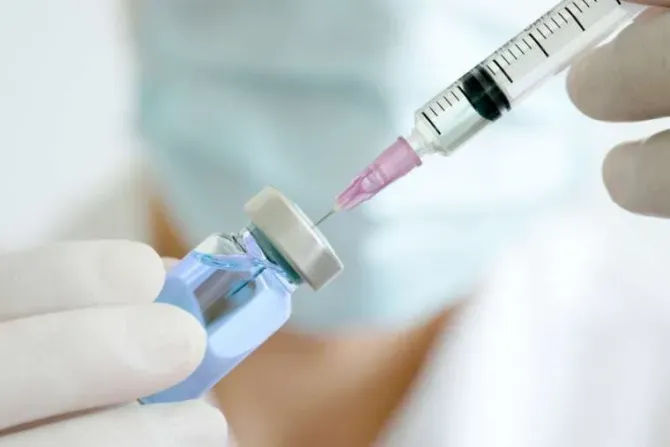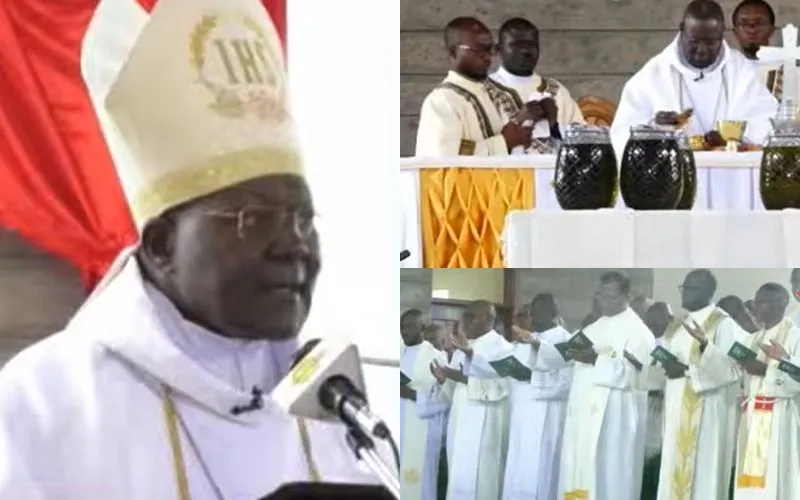“It is true that some vaccines including COVID-19 Vaccine originally included a protein sourced from a foetus but there is no evidence that current vaccines are directly made out of foetal tissue, nor is it true that foetuses were intentionally harvested to make the COVID-19 vaccine. Yet, the use of foetus cell lines at one stage of the development of COVID-19 vaccine remains an ethical problem,” SACBC members say.
On the side-effects of COVID-19 vaccinations including clotting, they acknowledge that some people have indeed reacted to the jab, with some experiencing pain, swelling, fatigue, headaches, fever, muscle and joint pain.
The Bishops note that just like with other medications, side effects eventually go away.
“A few cases of blood clotting have also been reported and even fewer, less than one percent, have died after taking the vaccine, but there is no conclusive evidence that less than 1 percent of vaccinated people have died from the vaccine, so it is a safe risk to take the vaccine,” they say.
They further say the fact that Pope Francis as well as other leaders in the Church have been vaccinated should be motivation enough for the people to go for the jab.
(Story continues below)
“As Pope Francis has led by example when he got vaccinated, we should be encouraged to take the vaccine,” the Bishops say, and add, “Pope Emeritus benedict XVI and a large number of Religious Leaders across the world and here in South Africa have been vaccinated.”
They underscore the need of the vaccine to be made available to all, saying, “Let us join the efforts for equitable distribution of the vaccine and call those rich countries hoarding COVID-19 vaccine to task so that this common good may be accessible to all.”
“We must all continue to pray for our health care workers and for all those who are assisting those in need at this time,” SACBC members say in their statement shared with ACI Africa.
Agnes Aineah is a Kenyan journalist with a background in digital and newspaper reporting. She holds a Master of Arts in Digital Journalism from the Aga Khan University, Graduate School of Media and Communications and a Bachelor's Degree in Linguistics, Media and Communications from Kenya's Moi University. Agnes currently serves as a journalist for ACI Africa.








